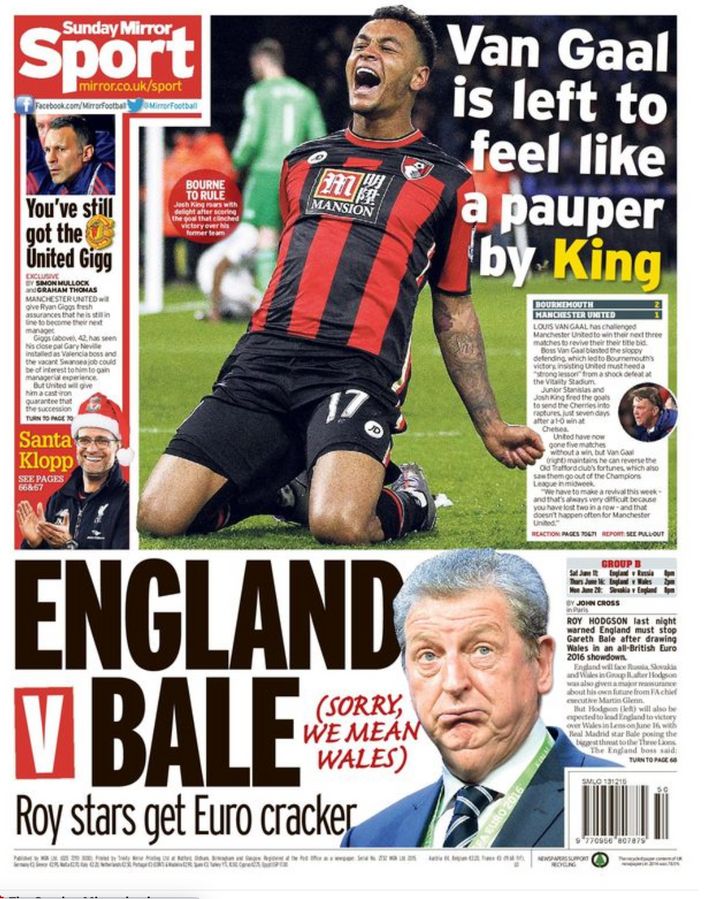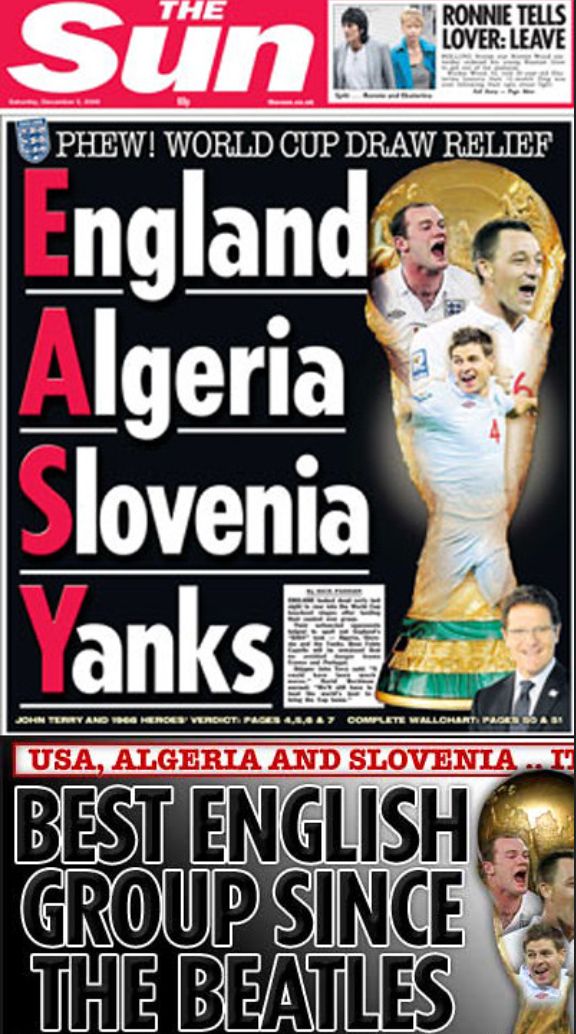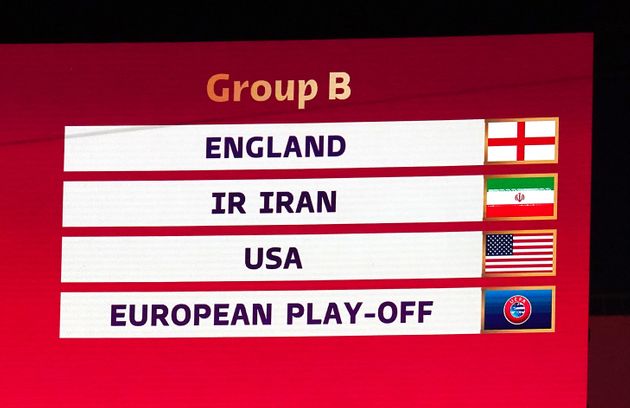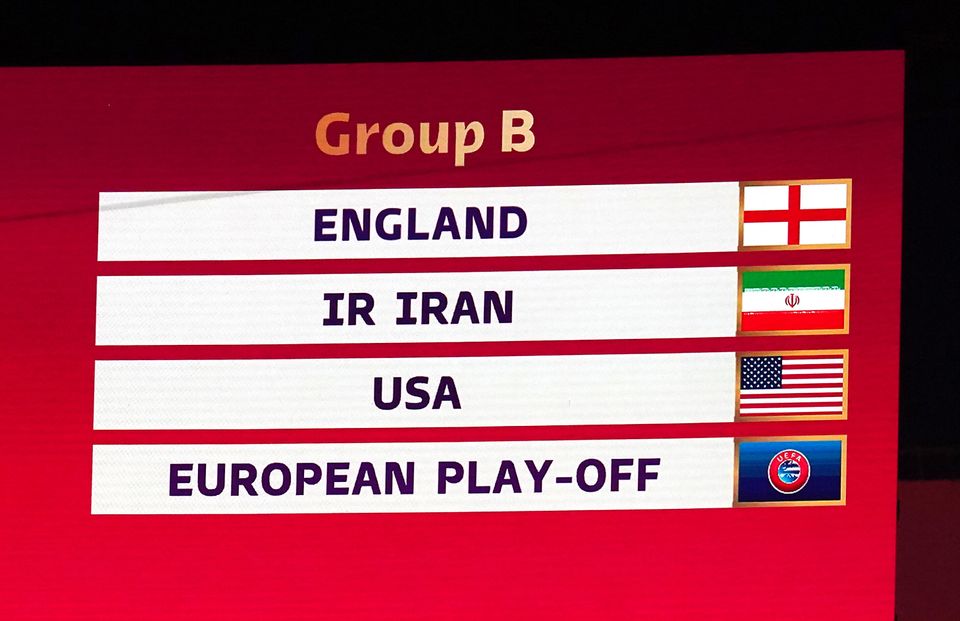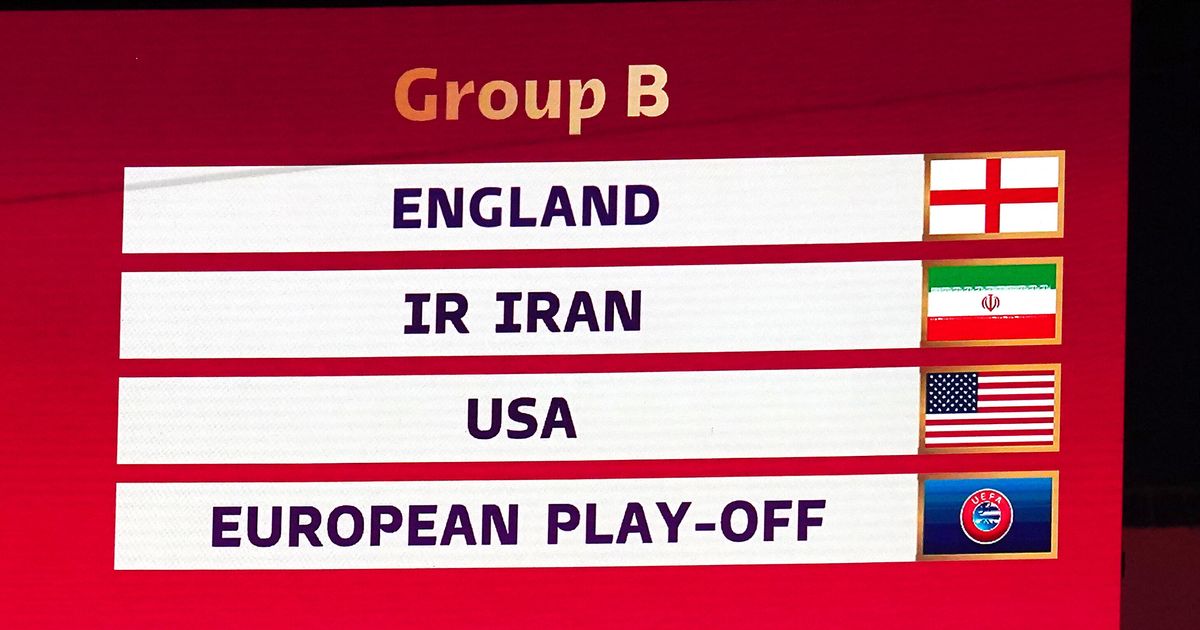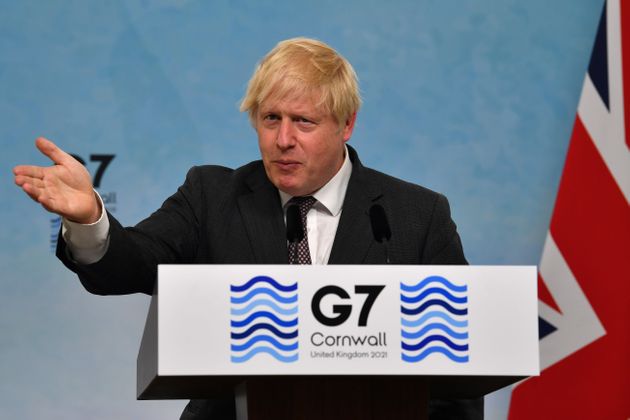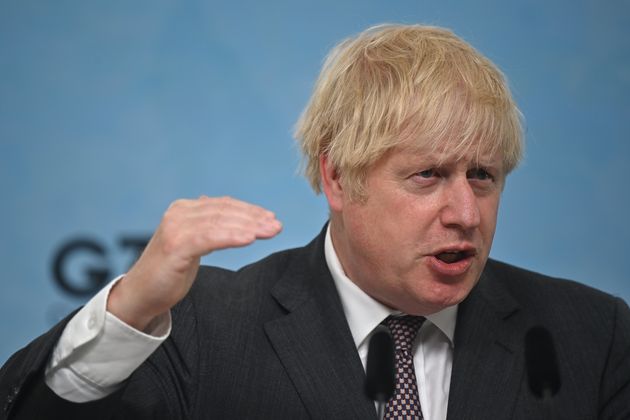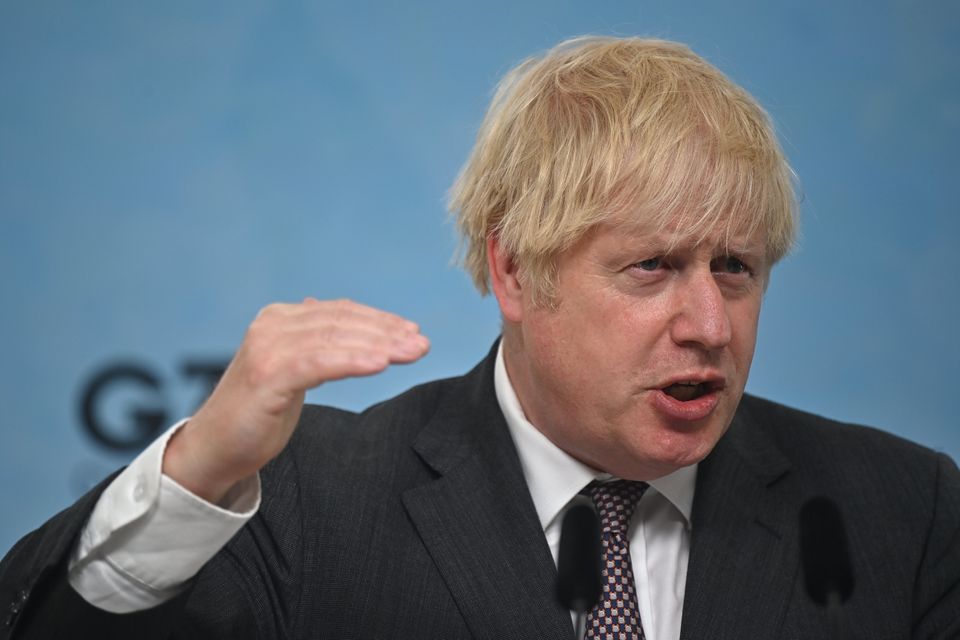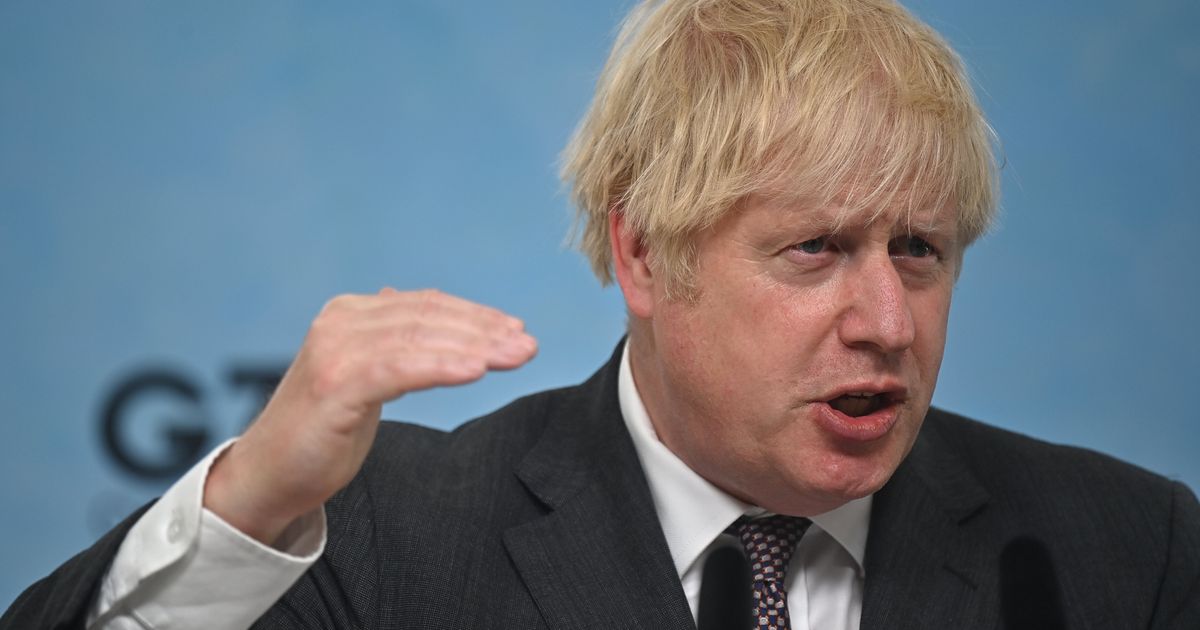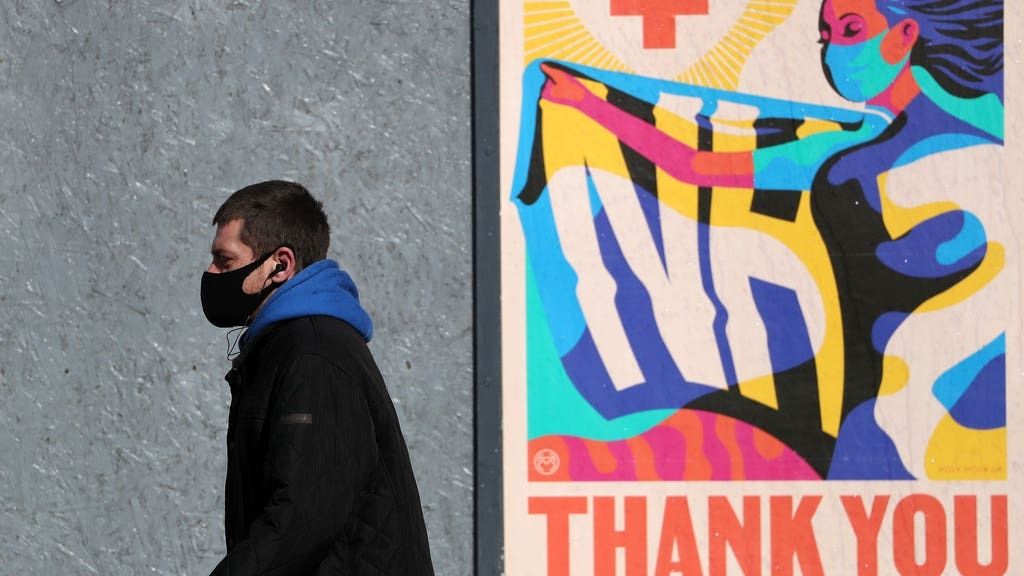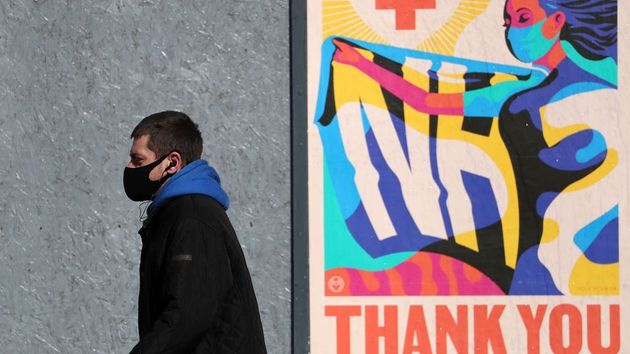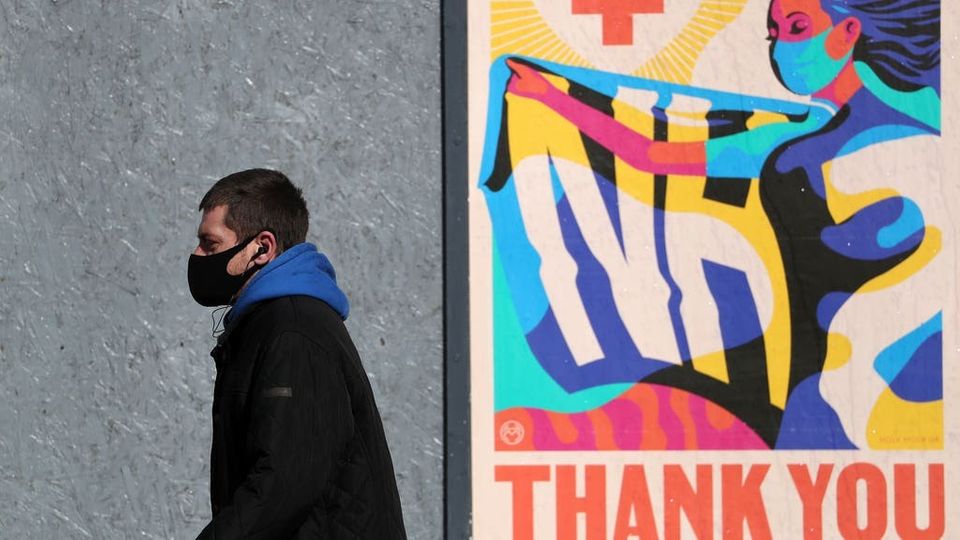
England’s victorious Euro 2022 player have demanded Liz Truss and Rishi Sunak commit to ensuring every young girl is able to play football at school.
In an open letter to both Tory leadership candidates, signed by all 23 members of the squad which beat Germany 2-1 after extra time in Sunday’s final, the Lionesses have called on the government “to make a huge difference”.
“On Sunday evening history was made. The dreams of 23 women came true. England became European Champions for the first time in history,” the players said.
“We are looking to the future. We want to create real change in this country and we are asking you, if you were to become Prime Minister on 5 September, to help us achieve that change.
“We want every young girl in the nation to be able to play football at school. Currently only 63% of girls can play football in PE lessons.”
Advertisement
The players also asked that all girls be given access to a minimum of two hours a week PE.
“Not only should we be offering football to all girls, we also need to invest in and support female PE teachers too. Their role is crucial and we need to give them the resources to provide girls’ football sessions,” they added.
Both Truss and Sunak have committed to hosting a reception for the victorious Lionesses at No.10 if they are chosen to be the next prime minister.
Unlike other successful sporting teams, the winning England squad will not be honoured with a visit to Downing Street this week.
Boris Johnson was at the funeral of Northern Ireland peace process architect Lord Trimble on Monday and is now on holiday until Sunday.
The England men’s cricket team were invited to Downing Street following their win in the Ashes in 2005, as were the men’s Rugby World Cup victors in 2003.
Advertisement
The women’s national rugby and cricket teams have also previously been honoured with receptions at No 10.
In addition to calling for the Lionesses to receive honours for their Euros win, Labour has urged the Government to capitalise on England’s success to ensure young girls who are now inspired to get playing can go on to become stars.
Lucy Powell, Labour’s shadow secretary of state for digital, culture, media and sport, accused the Tories of having a “terrible record of building on our sports stars’ success with a real and lasting legacy”.

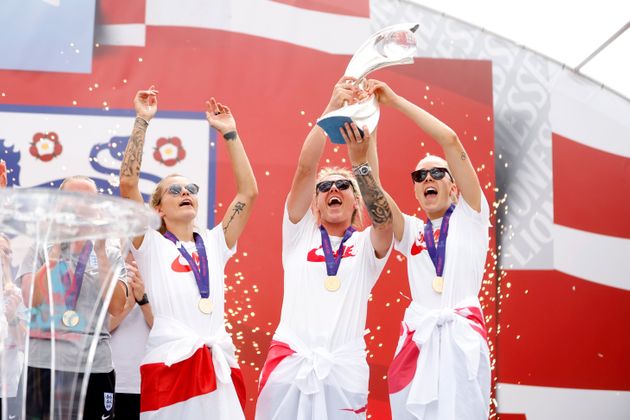


 (@GaryLineker)
(@GaryLineker) 